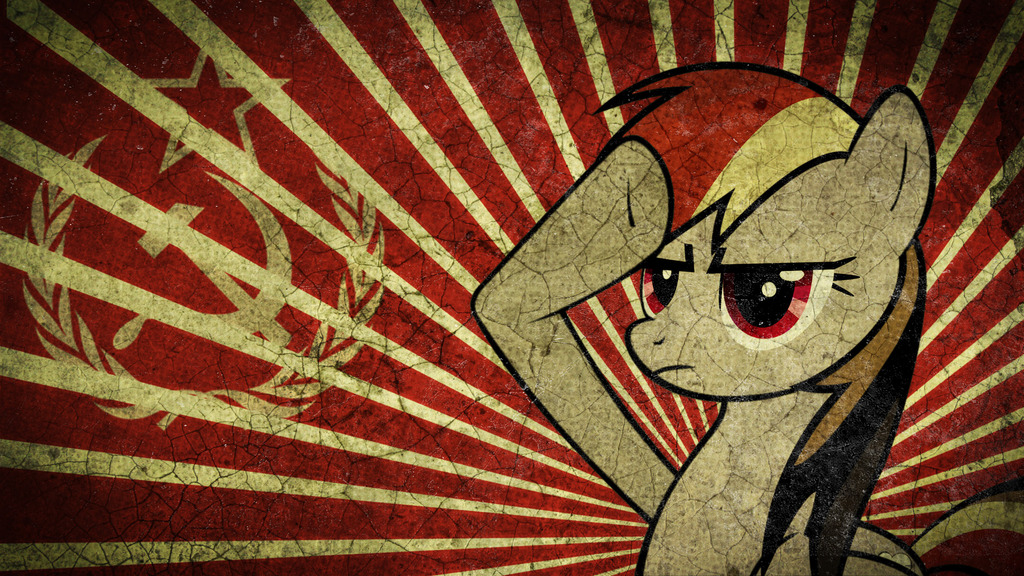

To me it’s just a different form of colonization.
Quite hilariously ironic given the context here


To me it’s just a different form of colonization.
Quite hilariously ironic given the context here


Probably targeted towards boomers who still get panic attacks about the USSR.


Why do libs seriously believe that Russia is still communist?
Have they been living under a rock for over thirty years?


Basically, NATO colonialism is good but BRICS “colonialism” is bad.


What’s so bad about this guy? He’s just adding new country suggestions for HoI4 TNO. /s


Guy thinks colonialism (or, in this case, “colonialism”) is bad but unironically thinks the USA is part of the “free world”.


deleted by creator


NATO is a joke
Legit the ideology of conservatives, libertarians, and ancaps.
Those guys literally hate communism more than fascism.
Rightists be like: “Socialism is whatever I don’t like”
I’m an anarchist.
Makes sense that an anarchist would unironically believe this.
Lenin coined the term state capitalism,
It is true that Lenin considered his own experiment state capitalist, this was referring to the New Economic Policy he set up. This, however, was meant to pave the way for a more advanced form of socialism. In other words, it was taking one step back to take two steps forward.
Why was this done? Socialism requires an industrialized society. Tsarist Russia was barely this, it was mostly a semi-feudal, agrarian nation. How do you get industrialization? Capitalism. Many socialists in Russia at the time agreed that their country was not ready for socialism and needed a period of capitalism in order to develop the country.
This isn’t some random new thing they came up with, this is basic Marxism. You don’t go to a socialist or communist society instantly, it gradually develops and it will have traits of previous modes of production for a while.
In other words, the NEP was put in place in order to help develop the country. Otherwise, they could not have a fully socialist society without most of the population remaining in poverty. Even with the capitalist mode of production in place, the state remained a significant part of the economy, millions of people were taught to read and write, they were guaranteed employment, they had access to healthcare, and many other things that would not be possible in a fully capitalist society.
replacing private ownership of the means with a new class hierarchy in the form of an inequitable and unjust bureaucratic state apparatus
The Soviet state was structured around the Soviets, or worker’s councils, where workers would vote for delegates to represent them in regional councils, who would vote for representatives in national councils, including the highest council: the Supreme Soviet. This council had the supreme legislative power in the country, not any leader or party. This meant that the state apparatus that you are talking about was in the control of none other than the working people themselves. How inequitable and unjust was that?
For more information, I would recommend reading Soviet Democracy by Pat Sloan.
No state has ever liberated the working class.
How is giving the working class supreme political power not liberating them? This supreme political power was used to feed, educate, employ, house, and take care of the working people. How many anarchist societies have achieved that?
The libs are mad already it seems.
Ah yes, because all of the leaders of socialist nations were just capitalists in disguise and they started revolutions for their own gain rather than the people’s.
This is what liberals believe, not socialists. Get real.


hungarians will never forgive the communists for killing a few fascists


“Traditions deserve to be preserved.”
This is the most ironic and hilarious post from PragerU that I have ever seen. You just cannot imagine that they of all people would say that.


I checked the Wikipedia page for the Grayzone, and it was pretty negative about it, essentially treating it like a far-right nutjob website. What is so special about this website that it pisses off neoliberals so much?


Famines, executions, all the stuff we’ve all heard about, whether it is the government’s fault or not, and whether it was justified or not.
Point is, rightists completely misunderstand why these things happen because they completely misunderstand what socialism is.


I thought this was the cross-post at first and I was like “Bro, where did that one comment thread go, it was hilarious.”
Maoists are cancer.